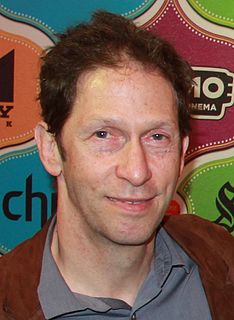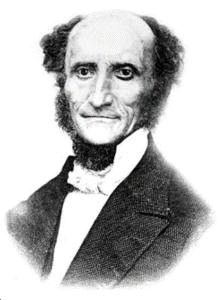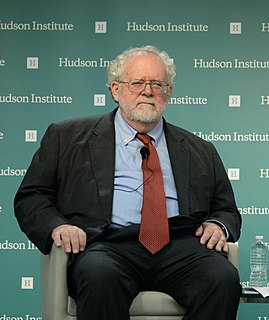A Quote by Tim Blake Nelson
I wanted to get the most broad foundation for a lifelong education that I could find, and that was studying Latin and the classics. Meaning Roman and Greek history and philosophy and ancient civilizations.
Related Quotes
After finishing the gymnasium in Muenchen with 9 years of Latin and 6 years of ancient Greek, history and philosophy, I decided to become a physicist. The great theoretical physicist Arnold Sommerfeld, an university colleague of my late father, advised me to begin with an apprenticeship in precision mechanics.
We the undersigned, intend to establish an instruction and training institution which differs from the common elementary schools principally in that it will embrace, outside of (in addition to) the general and elementary curriculum, all branches of the classical high school, which are necessary for a true Christian and scientific education, such as: Religion, the Latin, Greek, Hebrew, German, French and English languages; History, Geography, Mathematics, Physics, natural history, Introduction to Philosophy, Music, and Drawing.
Jack, my 16 year old, was in knots a couple of months back, studying for Latin. I said, "Mate, you've got no interest in Latin. You don't want to go into it after, so drop it." He said, "No, I can't. I'm going to get bullied at school because all my mates are in there." There's a prime example of why no one cooks at school. You're studying Latin, you've got no interest.
From my student days I found him a compelling and fascinating, though often puzzling, figure. It's a lifelong fascination now and I don't expect that to stop! His vision of God, God's faithfulness, God's purposes and so on is so much bigger and richer than almost any subsequent Christian thinker has ever managed. In addition, I have always loved ancient history, especially the history of the early Roman empire, and of course Paul fits right into that.
When Edward Gibbon was writing about the fall of the Roman Empire in the late 18th century, he could argue that transportation hadn't changed since ancient times. An imperial messenger on the Roman roads could get from Rome to London even faster in A.D. 100 than in 1750. But by 1850, and even more obviously today, all of that has changed.





































